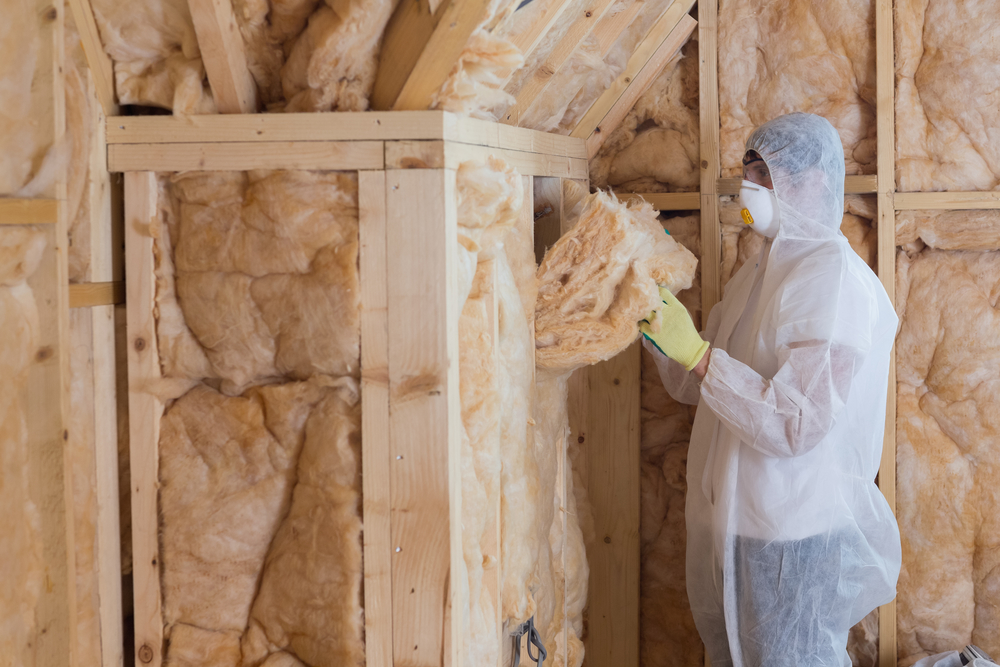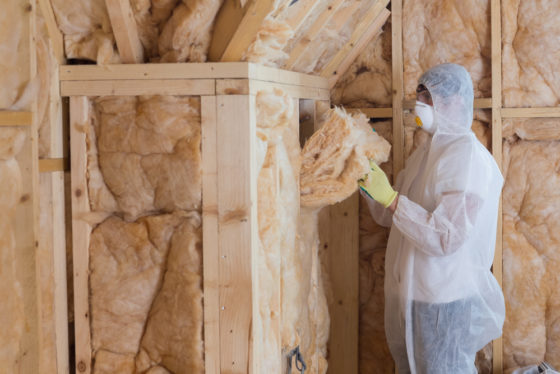€50 million for 14 areas to take gas out of homes


Fourteen local areas have been chosen to share a €50 million subsidy to develop domestic housing with alternatives to gas.
The government has announced its third round of a programme for gas-free districts (PAW), with 47 municipalities bidding. The idea, said the government, is that these serve as example for other areas.
‘This programme is about getting vital experience in how to make districts sustainable and fit for the future,’ said housing minister Hugo de Jonge. ‘Given the current developments, we really need sustainable sources of energy, and we need to make more progress in reaching climate goals and ensuring that the Netherlands is no longer dependent on gas.’
Many of the areas have submitted plans to better insulate homes and install hybrid heat pumps, which still also use a fossil fuel gas boiler alongside the heat from the air outside, as a first stage in reducing gas dependency. Some also want to use the money in more deprived areas where many people currently struggle to afford their heating bills.
According to the latest government coalition agreement, 1.5 million Dutch homes need to use sources other than gas for heating and cooking by 2030. In 2018, the government began experimenting with 50 test locations, discovering that the process of getting off gas was more complex and more costly than expected.
Instead of requiring €10,000 to €20,000 per home, the average investment was more like €40,000, according to the Economic Institute of Construction (EIB). Further complications were court cases, building delays and a lack of enthusiasm from some residents. In the first two years of the experiment, according to the Volkskrant, only an additional 206 homes had gone gas-free.
Politicians also acknowledge that in areas with old and listed building stock, such as Amsterdam, planning regulations currently prohibit the measures needed to properly insulate buildings in order to install heat pumps, and need updating.
High energy prices, a drive to stop using gas from Groningen and imports from Russia, and a series of climate change court cases have given more urgency to Dutch sustainability plans.
Thank you for donating to DutchNews.nl.
We could not provide the Dutch News service, and keep it free of charge, without the generous support of our readers. Your donations allow us to report on issues you tell us matter, and provide you with a summary of the most important Dutch news each day.
Make a donation